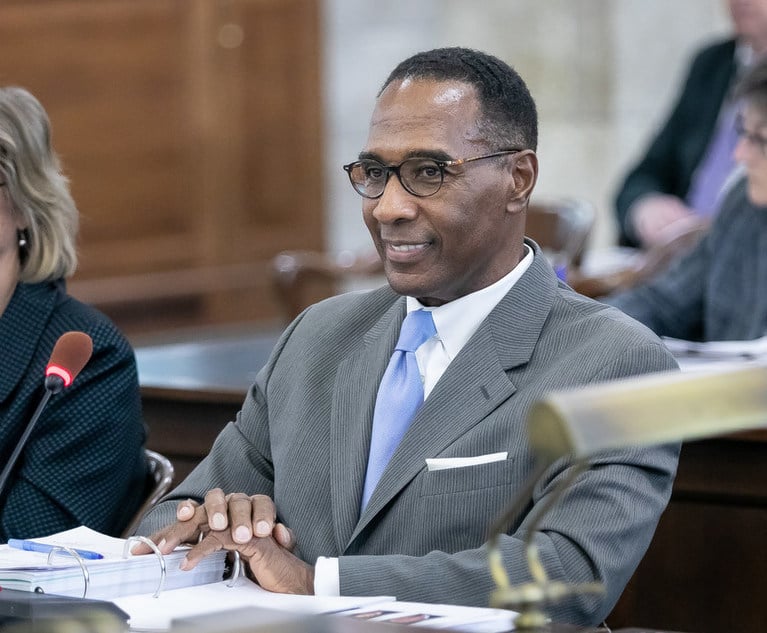The first Monday in October marks the start of the United States Supreme Court’s term. For New Jersey, appellate courts start each term on September 1. This year our Supreme Court welcomes a new Associate Justice, the Honorable Fabiana Pierre-Louis, and the Appellate Division adds Judges Morris G. Smith and Katie A. Gummer. Prior to joining the judiciary, each of these jurists developed some legal specialty: Justice Pierre-Louis worked in the U.S. Attorney’s office and then private practice; Judge Smith served as general counsel with the Philadelphia Board of Education and a solicitor for the City of Camden; and Judge Gummer was a civil litigator in private practice at a large firm. Now, as members of the state’s appellate benches, each will join other members of their respective courts to review legal challenges in every area of our law. So how do appellate judges gain the knowledge and insight into so many areas to write and make law?
The easy answer is “lots of hard work and study.” Yet, the actual and more interesting answer to this question, posed by one of our readers, highlights the magnificent synergy among appellate jurists. To paraphrase Justice Benjamin N. Cardozo in The Nature of the Judicial Process: “diverse minds” come together and produce “greater value” than a single individual leading to the court’s “truth and order” in decision-making.


 Photo: Shutterstock
Photo: Shutterstock




